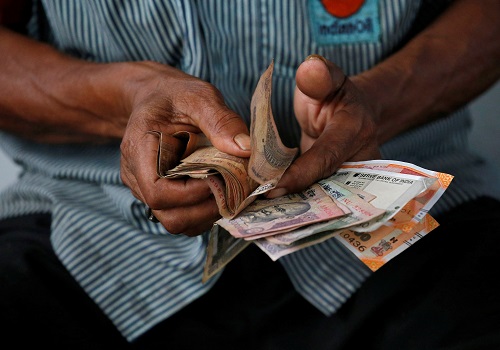India cenbank`s instructions to banks prompt change in rupee trading tactics

The Indian central bank's informal instructions to lenders to refrain from betting heavily against the rupee have led some traders to reduce the size of speculative positions and tweak their approach to trading the currency.
The Reserve Bank of India's (RBI) instructions to banks on Monday came as the rupee was close to breaching its record low of 83.9850 and complemented its intervention in the non-deliverable forwards and over-the-counter spot markets, six traders at large- to mid-sized banks told Reuters.
The head of forex trading at a mid-sized private bank, who held "super long dollar/rupee positions" through client flows, has brought down the size of the position after the RBI's instructions.
A forex spot and forwards trader at a large foreign bank exited the "accumulated" long dollar/rupee positions "brought about by the daily flows", while another trader at a private bank decided to "sit out" of the market and only handle client flows.
None of the traders wished to be named as they are not authorised to speak to media.
The rupee quoted at 83.9450 per U.S. dollar at 1:45 p.m. IST, up slightly from 83.9775 in the previous session.
The volatility of the rupee has been heavily dampened by the central bank's routine interventions, with the realised volatility the lowest among emerging market currencies.
The low volatility should allow traders to take bigger bets but one would be careful about holding large positions, a forex trader at a foreign bank said.
"It just seems better to run limited positions, especially on the (dollar/rupee) long side, and that is what I have decided to do," the trader said.
The RBI regularly asks banks about the size of their speculative positions and large dollar flows, traders said.
While banks are not obligated to comply with the informal directions the RBI issues, they do so in most instances.
A senior trader at a public sector bank said he is now leaning on the currency futures market for intraday trading.























